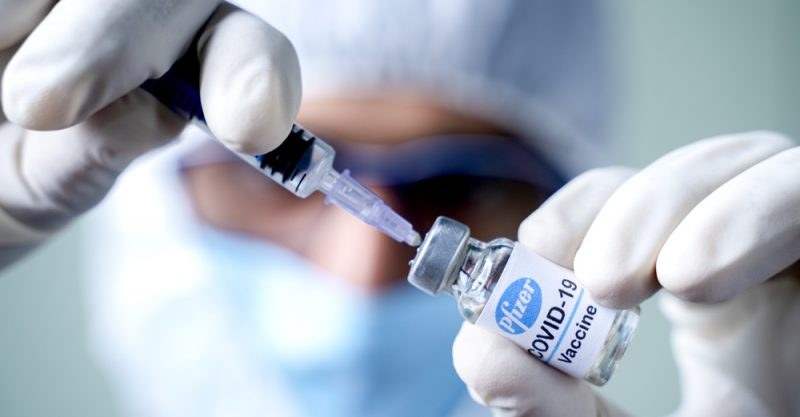Reasons to be cautious about the COVID-19 ̶v̶̶a̶̶c̶̶c̶̶i̶̶n̶̶e̶̶s̶ injections
Take the following facts into consideration before jumping at the chance to get injected.

1. Novel principle
Most COVID-19 vaccines work under the principle of messenger RNA (detailed explanation here). mRNA vaccines are a completely new form of vaccine, the first using this immunization principle that's being made available to the public.
While there is, in principle, nothing "wrong" with the mRNA technique, there is no vaccine based on this principle that was approved anywhere in the world until this month.
It is not reasonable to take reference safety and efficacy data or assumptions from vaccines using a different working principle, and then apply those data / assumptions to a novel medical working principle.
2. Little testing
Taking (1) into account, a vaccine using a new medical principle requires more testing, not less.
COVID-19 vaccines have undergone substantially less testing prior to approval than what is usual for vaccines. This is because we were told by numerous officials that, in order to go back to normal, we all needed to attain immunity fast (which implies vaccination). This urgency eventually gave way to relaxing vaccine testing requirements for COVID-19.
Vaccine testing usually takes upwards of five years, starting with animal testing, then going through several clinical phases. For example: in traditional vaccine testing, adverse reactions are recorded both soon after the vaccine is taken, as well as at least a year later in the control groups. This yearly follow-up regimen is in the WHO guidelines for clinical evaluation of vaccines, and vaccines are not to be approved — according to most national requirements — until such trials have completed and published.
The period of testing has been reduced down to a few months for the COVID-19 vaccines. Some trials ran in parallel; other trials were skipped / deferred / not published. Pfizer expects their followup study to be complete in 2023, three years after mass vaccination will have begun, yet they received authorization a mere few days ago.
3. No redress
In the UK, where mass-vaccination now has begun, producers of COVID-19 vaccines have been granted a legal indemnity, protecting them from liability and from being sued over any problems with the vaccine. In plain English, if the vaccine harms you, you have no recourse. Such legislation already exists in the US for vaccines in general.
Producers of these experimental COVID-19 vaccines are requiring such legislation be in place before they sell their vaccines to a country.
This is a violation of the basic human principle that, if you harm someone, the victim is entitled to compensation / redress. Therefore, this indemnity is unacceptable.
4. Small benefit
If you are not a patient at risk (with medical conditions or of old age), a SARS-CoV-2 pandemic represents a minuscule marginal risk of death or injury for you. Despite the constant stream of terror imagery from TV and the Web, the truth is that the overwhelming majority of non-at-risk patients of COVID-19 experience a flu, and then, they get better.
As with any vaccine, you will likely experience symptoms after getting it, so while the vaccine might protect you from the disease, it will likely not protect you from feeling ill.
I don't know about you, but I do not plan to subject myself to improperly-tested, experimental medicine, just to prevent a disease that's not particularly dangerous for me.
5. Won't change anything
As explained in (2), the vaccines were (at least in part) marketed to the general public with the hope / promise that we can return to normal, pre-pandemic life once people are immune enough to the SARS-CoV-2 virus.
However, we are already beginning to hear (from various government officials and public figures around the world) that vaccination will most likely not make a difference in the vaccinated's ability to lead a normal pre-pandemic life. Said individuals have stated that vaccines don't grant perfect immunity (true), that they don't fully prevent contagion (true), and — here comes the absurd conclusion — therefore, that masking will have to continue, that lockdowns will need to continue in some form as well, and that the "emergency" restrictions are going to stay with us. In sum, they are telling us that we are never going back to normal... or at least not anytime soon, with or without a vaccine¹.
In other words: getting vaccinated is effectively pointless.
I do not plan to subject myself to a pointless yet potentially risky medical treatment.
¹ If one were to be cynical — just for argument's sake — one could reasonably conclude that the whole purpose of the restrictions was a bait-and-switch to terrorize people into demanding a lucrative vaccine. You do not need to be cynical, however, to recognize that the reasons given above are sufficient to at least be cautious, specifically about these new COVID-19 vaccines.




